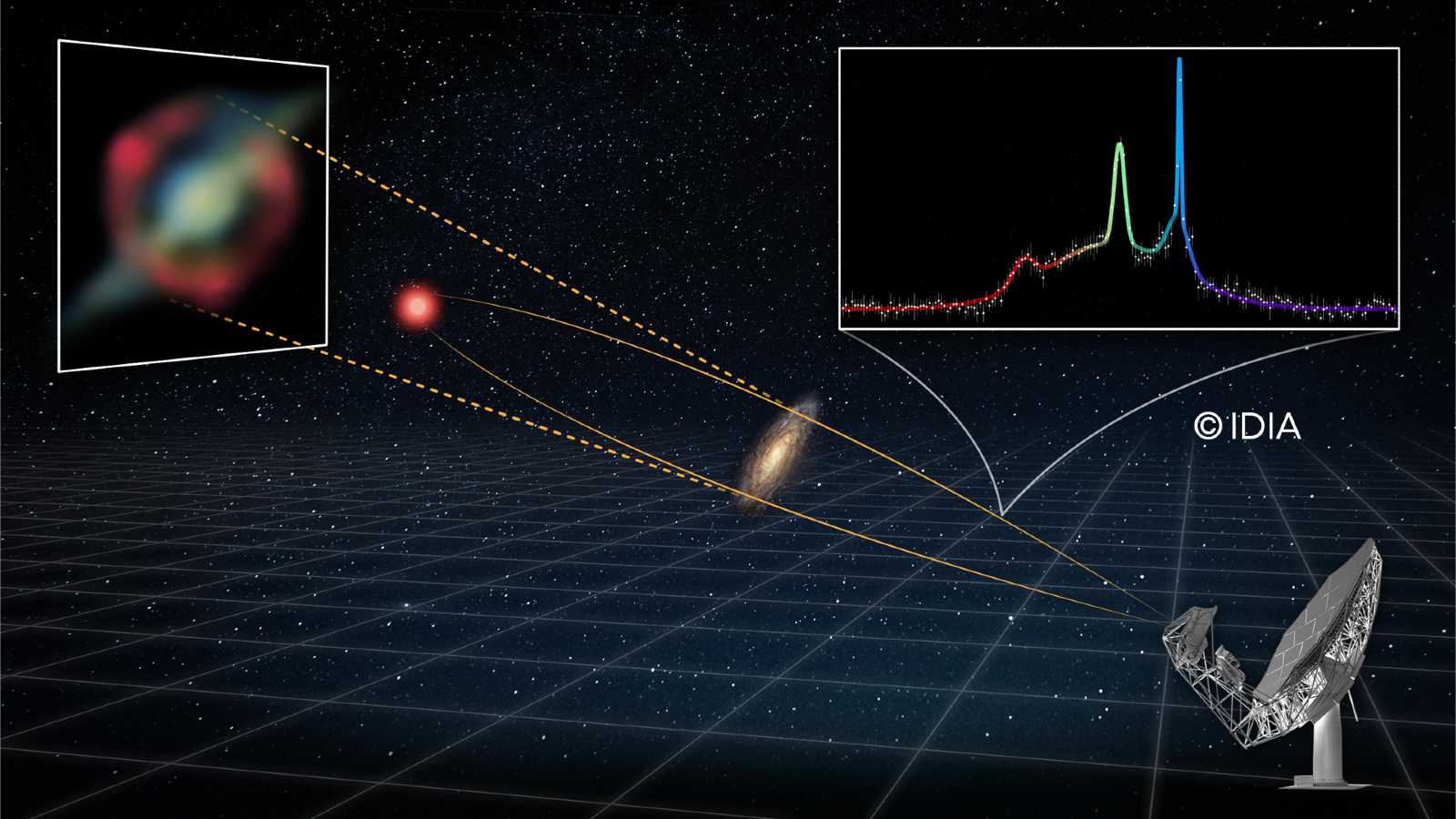Features
Latest Features

Tractor beams inspired by sci-fi are real, and could solve the looming space junk problem
By Harry Baker published
Researchers are developing a real-life tractor beam, with the goal of pulling defunct satellites out of geostationary orbit to alleviate the space junk problem.
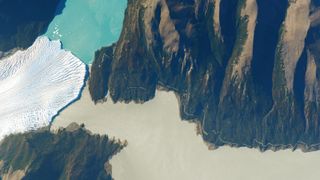
See the exact point where a glacier, a lake and a river 'touch' in Argentina
By Harry Baker published
Earth from space A 2021 astronaut photo shows a triple valley system in Argentina's Los Glaciares National Park where a massive climate-resilient glacier, a pristine turquoise lake and a murky green "river" come together at a single point.
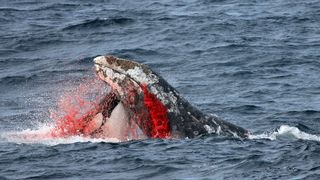
Orcas are adopting terrifying new behaviors. Are they getting smarter?
By Sascha Pare published
From sinking boats and feasting on shark livers to dining on whale tongue and tossing porpoises around for fun, orcas are displaying some fascinating — and sometimes terrifying — behaviors.
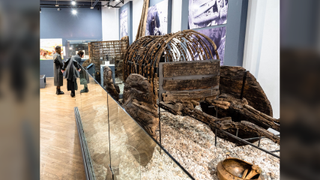
Lchashen wagon: A 3,500-year-old covered wagon that transported a deceased chief to the next world
By Kristina Killgrove published
This 3,500-year-old covered wagon is the best-preserved example in the world of this ancient form of wheeled transport.

Science history: Richard Feynman gives a fun little lecture — and dreams up an entirely new field of physics — Dec. 29, 1959
By Tia Ghose published
In a short talk at Caltech, physicist Richard Feynman laid out a vision of manipulating and controlling atoms at the tiniest scale. It would precede the field of nanotechnology by decades.
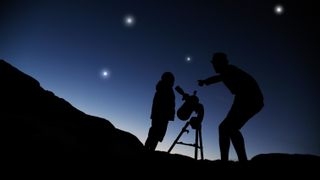
5 common mistakes beginner telescope users make — and how to avoid them
By Kimberley Lane published
The simple mistakes every stargazing newbie makes — avoid these traps and you'll get the best out of your telescope from night one!

Stunning array of 400 rings in a 'reflection' nebula solves a 30-year-old star-formation mystery — Space photo of the week
By Jamie Carter published
The discovery is the first direct observational confirmation of a theory for how young stars feed on, and then explosively expel, surrounding material.

James Webb telescope spies a monstrous molecular cloud shrouded in mystery — Space photo of the week
By Shreejaya Karantha published
In this James Webb telescope image, the gigantic molecular cloud near our galaxy's center appears as a canvas of pink and purple clouds set against a shadowy backdrop.
Get the world’s most fascinating discoveries delivered straight to your inbox.
 Live Science Plus
Live Science Plus












